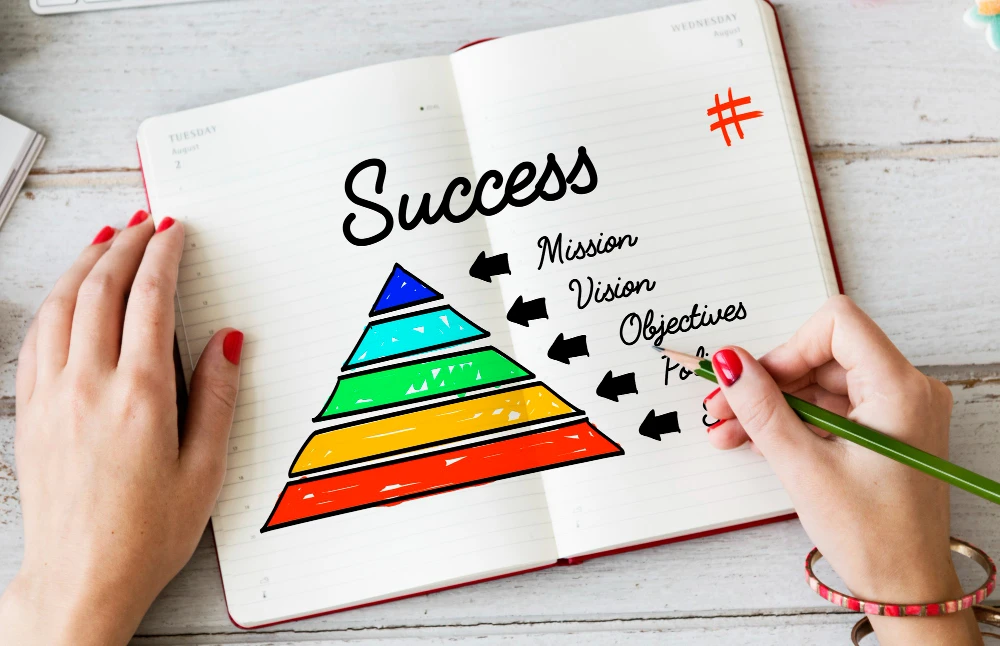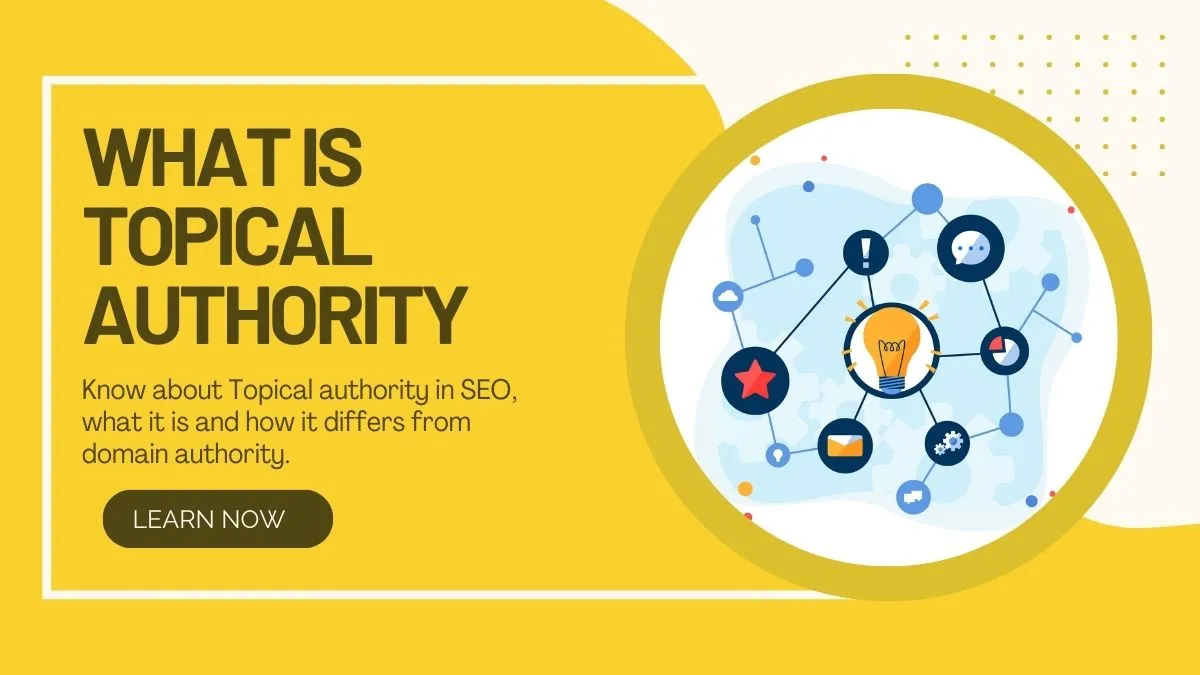
Real Estate Sales Funnels: Transform Leads into Loyal Clients
In real estate, turning a curious browser into a loyal client doesn’t happen by chance—it’s the result of a carefully crafted journey known as the sales funnel. Just like a roadmap, a well-crafted funnel takes potential buyers and sellers from curious onlookers to happy clients who trust you with their most significant investment decisions. By structuring each step—from first contact to closing and beyond—you can build relationships, inspire confidence, and create lasting connections that not only lead to sales but also drive referrals. Ready to turn your leads into lifelong clients? Let’s dive into the journey!
A Deep Insight on Real Estate Funnel
A real estate sales funnel is like your secret playbook for turning interested buyers or sellers into loyal clients. Think of it as a journey that takes someone from a curious lead all the way to a happy homeowner or seller. With smart sales funnel management, you’re not just guiding people through a process; you're building trust and showcasing your expertise at each step. This sales funnel real estate approach doesn’t stop at closing, either—it helps keep you top-of-mind for referrals and repeat clients, making it a powerful way to grow your business and reputation.
Why Real Estate Sales Funnels Matter
- Guides Leads Step-by-Step: Funnels make sure potential clients don’t fall through the cracks. Each stage is designed to engage, inform, and build trust.
- Increases Conversions: Instead of hoping that leads will eventually turn into clients, a funnel actively guides them, increasing the likelihood of a successful sale.
- Builds Lasting Relationships: A good funnel doesn’t end at closing. It continues to nurture relationships, keeping you top-of-mind for future transactions or referrals.
Stages of a Real Estate Sales Funnel: Turning Leads into Long-Term Clients
Building a powerful sales funnel real estate strategy means understanding each stage and connecting with your leads in the right way. Here’s a detailed look at each part of a successful real estate sales funnel and how you can guide your potential clients from first interest to a closed deal and beyond.
1. Awareness Stage: Getting on Their Radar
- What It Is: This is where it all begins! The awareness stage is about getting leads to notice you—introducing them to what you offer and sparking that initial interest.
- How to Do It: Use a blend of social media, blog posts, and paid ads to reach as many potential clients as possible. Content here should be informative and engaging, like neighborhood guides, market trends, or home-buying tips.
- Pro Tip: Be active on platforms where your audience hangs out. If you’re targeting first-time buyers, think about using Instagram or TikTok; if you’re after luxury clients, LinkedIn could be a better fit.
You may find it interesting: Micro-Moment: Capturing Consumer Attention in the Age of Instant Gratification
2. Interest Stage: Keeping Them Hooked
- What It Is: Now they’re aware of you, but they’re still testing the waters. At this stage, you want to nurture their interest by giving them more reasons to stick around.
- How to Do It: This is where you can offer valuable resources like email newsletters, market updates, or virtual tours. Consider creating downloadable resources like “Ultimate Guides to Buying a Home” or “Top Renovation Tips Before Selling.” The goal is to show your expertise and give them value without asking for anything in return.
- Pro Tip: Personalize your communication to make leads feel special—send them tailored content based on what they’ve already interacted with, like more details on homes in areas they’ve shown interest in.
3. Consideration Stage: Building Trust and Proving Your Value
- What It Is: At this point, your leads are getting serious—they’re comparing options and trying to decide if you’re the right agent or company to work with. Trust-building is key here.
- How to Do It: Share testimonials, reviews, and success stories to show real-life results. Schedule free consultations, offer virtual coffee chats, or invite them to open houses to give them a personal experience. You can also show off your knowledge with local market insights, which reassures them that you know the area well.
- Pro Tip: This is a great time to start setting yourself apart. Think about how you can make the process easier, whether it’s by simplifying paperwork or by being super responsive to questions.
4. Decision Stage: Making It Happen
- What It Is: Your lead is ready to take action—whether that’s signing a contract, making an offer, or listing their property with you. Here, your role is to remove any last obstacles and make it easy for them to say “yes.”
- How to Do It: Be transparent, proactive, and ultra-responsive. Have all the details they’ll need ready to go, like a straightforward outline of the buying or selling process and any final documentation. You want to keep this stage stress-free, so be clear, patient, and on top of every detail.
- Pro Tip: Check in regularly without overwhelming them, especially if it’s their first time buying or selling a home. Giving updates, asking for feedback, and offering guidance all make the experience feel smooth and personal.
5. Loyalty Stage: Staying Connected Beyond the Deal
- What It Is: Even after the sale is done, the journey shouldn’t end here. This stage is all about nurturing a long-term relationship so they think of you first for future needs—or refer you to friends and family.
- How to Do It: Follow up with a thank-you note or gift, send seasonal greetings, and share helpful tips on home maintenance or market trends. Consider putting them on a mailing list for exclusive updates or even invitations to community events you’re part of.
- Pro Tip: A great client experience after the sale is a direct route to referrals. Keep it casual and genuine—think of it as relationship-building rather than marketing.
Sales Funnel Management Tips for Real Estate Pros
Automate Your Process:
Automation saves time and keeps your funnel consistent. By using CRM software, you can automatically organize and track each lead, setting up email sequences based on client interests and actions. This allows you to stay engaged with clients at each stage without constant manual effort. Automating follow-up messages, reminders, and personalized outreach helps ensure leads feel valued, keeping them moving down the funnel.
Personalize Every Interaction:
Personalization builds trust. Use insights from CRM data to tailor your emails, texts, or calls. Address specific needs and preferences like budget, property type, and neighborhood interests. Thoughtful touches, such as recommending properties that match their tastes or offering insights on local market trends, make clients feel understood. Personalized communication strengthens your connection, making clients more likely to stay with you through the funnel.
Optimize Each Stage:
Optimization is key for effective sales funnel management. Regularly assess each funnel stage to see where leads might drop off. If engagement falls during the consideration phase, enhance this stage with testimonials or success stories. A/B test email content, call scripts, and website elements to find what resonates most. With ongoing optimization, each stage becomes stronger, making the funnel flow smoother overall.
Effective Prospecting:
Precise prospecting attracts leads who are a great fit for your services. Use digital tools like social media targeting, search engine ads, and community outreach to reach relevant audiences. Tailor your messaging to your ideal client profile, focusing on platforms where your target clients are active. For instance, social media ads can attract first-time buyers, while LinkedIn might be ideal for luxury real estate clients.
Qualify Leads Early:
Qualifying leads early saves time by focusing on clients with a real potential for conversion. Use an initial conversation to gauge readiness, financial capability, and specific goals. Ask questions to understand if they are serious buyers or sellers and if their budget aligns with your listings. Focusing on qualified leads allows you to provide more personalized service to those most likely to become clients.
Schedule Visits Efficiently:
Property visits are a pivotal point in the real estate sales funnel, and a seamless scheduling process makes a strong impression. Offer easy online scheduling options, send reminders, and be ready for virtual tours if needed. A smooth, professional showing experience lets potential clients envision themselves in the property and helps build momentum toward the next stages.
Handle Negotiations with Care:
Negotiation is often a delicate part of the funnel. Understanding your client’s priorities—whether it’s the price, timeline, or specific property features—will guide your approach. By remaining flexible and proactive in addressing concerns, you can make clients feel heard and help them move forward with confidence. This stage requires clear communication and a collaborative approach to closing.
Stay Connected After the Sale:
Keeping in touch post-sale ensures a lasting client relationship and increases the chance of future referrals. Send updates on the local market, offer home maintenance tips, and consider seasonal greetings. Thoughtful post-sale contact makes clients feel valued and appreciated, encouraging loyalty and boosting your reputation through word-of-mouth.
How Digital Marketing Agencies Can Transform Your Real Estate Sales Funnel
Digital marketing agencies play a vital role in this process by providing tailored strategies that enhance visibility, engagement, and conversion rates. With their expertise in digital tools and techniques, these agencies can help real estate professionals streamline their sales funnels, making it easier to connect with potential clients at every stage of the buying journey.
Also Read: Accelerate Your 2024 Sales With The Best Digital Marketing Agency In Kolkata
One such agency making waves in Kolkata is Marko and Brando. At Marko and Brando, we specialize in offering comprehensive digital marketing solutions that align with our clients' unique objectives. Our first step in the process is to conduct a thorough analysis of our clients’ goals and the specific needs of their business. By understanding what they aim to achieve, we can craft personalized strategies that resonate with their target audience.
From there, we dive into the various aspects of sales funnel management. We utilize data-driven marketing strategies, including targeted advertising and social media campaigns, to generate quality leads that are more likely to convert. Our team is skilled at creating engaging content that guides potential clients through the funnel, providing them with valuable information and building trust along the way.
As one of the sought-after digital marketing agency in Kolkata, we focus on optimizing the client experience by implementing tools that allow for seamless communication and scheduling. By integrating automated systems, we help our clients manage their leads efficiently, ensuring that no opportunity slips through the cracks.
FAQs:
Do sales funnels actually work?
A well-managed sales funnel helps you understand how leads react and convert at each stage. This supports more relevant outreach and better sales forecasting—and, ultimately, helps your team attract and retain high-quality customers.
Why do sales funnels fail?
Your sales funnel fails because you don't know your audience's goals and problems, and you don't include enough incentives and CTAs to get them to that sale. The problem could also be about nurturing your leads.
What is the top of the funnel in real estate?
Top of the funnel – Prospecting, listing, visits. The top of the funnel is the broader part, as it lets you initiate more engagement and increase brand credibility. Also known as the awareness stage, this is the part where you need to make maximum marketing efforts for your real estate services.
What is a B2B funnel?
A B2B marketing funnel consists of the various stages a customer goes through; from discovering your brand to making a purchase. As the customer goes through the funnel, their needs change, so the marketing activities of each funnel stage are different.

Article by
Marko & Brando
For businesses looking for impactful digital marketing services, Marko & Brando is the name to trust. Our data-driven strategies ensure maximum ROI, helping your brand reach new heights. Experience the power of digital transformation with our expertise.






